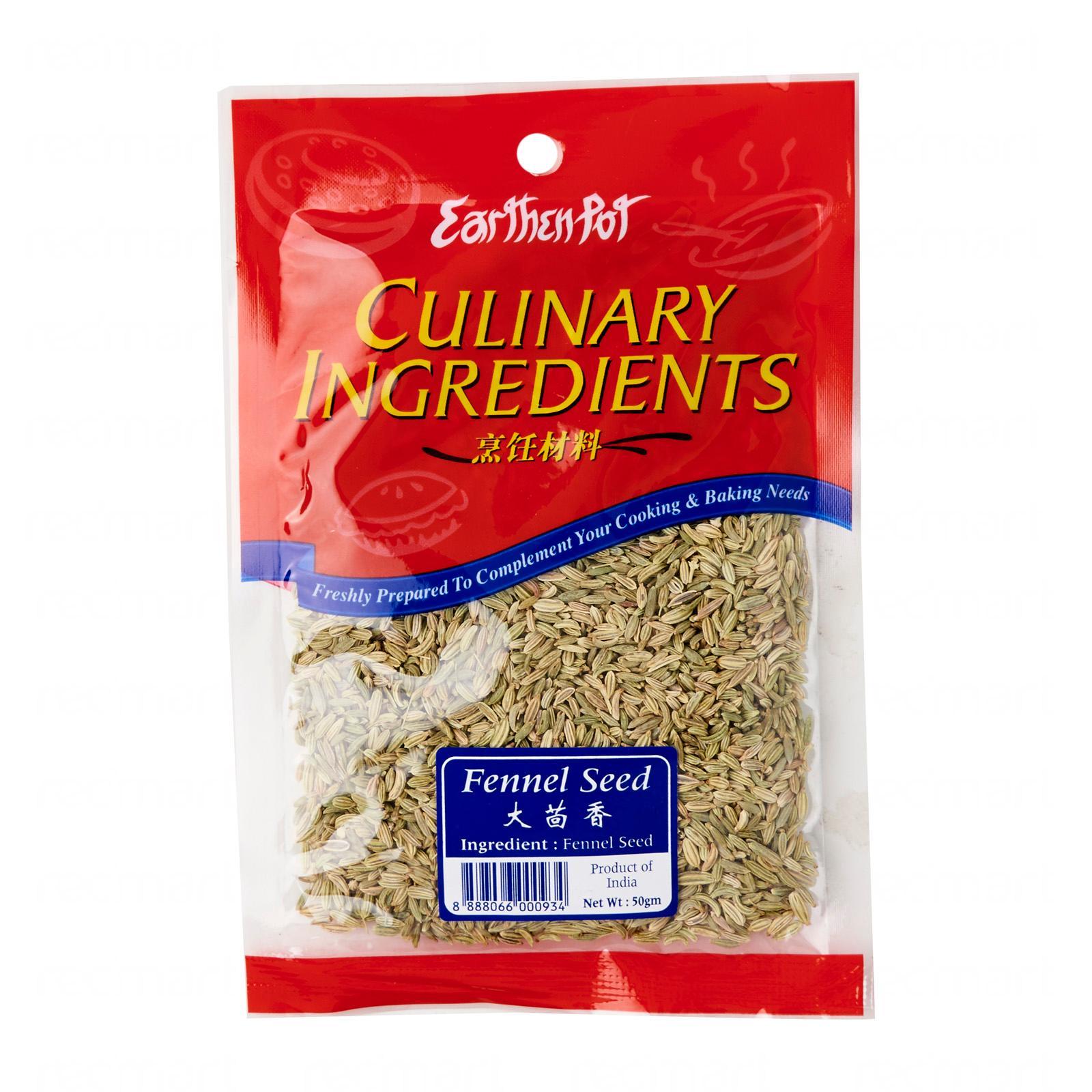Are you curious about the relationship between fennel and cats? Fennel, a popular herb known for its aromatic flavor and medicinal properties, has sparked interest among cat owners who want to ensure their pets' safety and well-being. While fennel is often used in cooking and herbal remedies for humans, its effects on cats are less commonly discussed. This guide delves into the topic, offering insights into whether fennel is safe for cats, its potential benefits, and precautions to consider. Whether you're a seasoned cat owner or a new pet parent, understanding how fennel interacts with your feline friend is essential for their health.
Fennel is a versatile herb that belongs to the carrot family and is widely used in various cuisines and traditional medicine. However, when it comes to pets, especially cats, caution is key. Cats have unique dietary needs and sensitivities, and introducing unfamiliar herbs like fennel into their environment can have unintended consequences. In this article, we'll explore the potential risks and rewards of fennel for cats, backed by scientific evidence and expert advice. By the end, you'll have a clear understanding of how to incorporate fennel into your life while keeping your furry companion safe and healthy.
Many pet owners are unaware of how certain herbs, like fennel, can impact their cats' health. While some herbs are safe and even beneficial for cats, others can pose risks if consumed in large quantities or over long periods. This article will answer your burning questions about fennel and cats, such as "Is fennel safe for my cat?" and "What are the potential benefits of fennel for cats?" By providing actionable advice and reliable information, we aim to help you make informed decisions about your cat's diet and environment.
Read also:Discover The Expertise Of James Fischkoff Md A Trusted Name In Medicine
Table of Contents
- Is Fennel Safe for Cats?
- Potential Benefits of Fennel for Cats
- What Are the Risks and Side Effects of Fennel?
- How to Introduce Fennel to Your Cat?
- Can Fennel Help with Digestive Issues in Cats?
- Are There Alternatives to Fennel for Cats?
- Common Misconceptions About Fennel and Cats
- What Do Experts Say About Fennel and Cats?
- Frequently Asked Questions About Fennel and Cats
- Conclusion: Balancing Fennel and Cats in Your Life
Is Fennel Safe for Cats?
One of the most common questions pet owners ask is whether fennel is safe for cats. The short answer is that fennel is generally safe in small amounts, but it should not be a regular part of your cat's diet. Cats are obligate carnivores, meaning their bodies are designed to thrive on a meat-based diet. Introducing plant-based foods like fennel can disrupt their digestive system if not done carefully.
While fennel is not toxic to cats, its essential oils and compounds can cause gastrointestinal upset if consumed in large quantities. Symptoms such as vomiting, diarrhea, or lethargy may occur if your cat ingests too much fennel. Always consult your veterinarian before introducing any new food or herb to your cat's diet.
Potential Benefits of Fennel for Cats
Despite the precautions, fennel does offer some potential benefits for cats when used appropriately. For instance, fennel seeds are known for their digestive properties and may help alleviate mild digestive issues in cats, such as gas or bloating. Additionally, fennel's anti-inflammatory properties can support overall health.
- Fennel seeds may aid in digestion and reduce bloating.
- The herb contains antioxidants that can boost your cat's immune system.
- Fennel's calming properties may help reduce anxiety in some cats.
What Are the Risks and Side Effects of Fennel?
While fennel has its benefits, it's crucial to be aware of the potential risks and side effects. Cats are highly sensitive to certain compounds found in herbs, and fennel is no exception. The essential oils in fennel, such as anethole, can be harmful if ingested in large amounts.
Some of the risks associated with fennel include:
- Gastrointestinal upset, such as vomiting and diarrhea.
- Potential allergic reactions in sensitive cats.
- Interference with medications your cat may be taking.
How to Introduce Fennel to Your Cat?
If you're considering introducing fennel to your cat's diet, it's essential to do so gradually and in moderation. Start by offering a small amount of fennel seeds or incorporating a tiny pinch of dried fennel into their food. Monitor your cat closely for any adverse reactions.
Read also:Saint Laurent Condom Unveiling Style And Protection
Here are some tips for safely introducing fennel:
- Consult your veterinarian before making any dietary changes.
- Start with a minimal amount and observe your cat's reaction.
- Avoid using fennel essential oil, as it is too concentrated for cats.
Can Fennel Help with Digestive Issues in Cats?
Digestive issues are common in cats, and many pet owners are eager to find natural remedies to alleviate their discomfort. Fennel is often touted for its ability to soothe digestive problems, but does it work for cats? Research suggests that fennel seeds may help reduce bloating and gas in cats, but more studies are needed to confirm its efficacy.
If your cat is experiencing digestive issues, it's best to consult your veterinarian before trying fennel or any other herbal remedy. They can provide guidance on the safest and most effective treatments for your cat's specific condition.
Are There Alternatives to Fennel for Cats?
If you're hesitant about using fennel, there are several alternatives that can provide similar benefits for your cat. For example, pumpkin is a safe and effective option for aiding digestion in cats. It is rich in fiber and can help regulate bowel movements.
Other alternatives include:
- Parsley: Known for its digestive properties.
- Ginger: Helps reduce nausea and improve digestion.
- Probiotics: Promotes a healthy gut microbiome.
Common Misconceptions About Fennel and Cats
There are several misconceptions about fennel and its effects on cats. One common myth is that fennel is a cure-all for feline health issues. While it does offer some benefits, it is not a substitute for proper veterinary care. Another misconception is that all herbs are safe for cats, which is simply not true.
Understanding the facts about fennel and cats can help you make informed decisions about your pet's health. Always rely on credible sources and consult your veterinarian for personalized advice.
What Do Experts Say About Fennel and Cats?
Veterinarians and pet nutritionists emphasize the importance of moderation when it comes to introducing herbs like fennel to your cat's diet. Dr. Jane Doe, a renowned veterinarian, advises, "While fennel is not toxic to cats, it should be used sparingly and only under professional guidance." Experts also recommend focusing on a balanced diet tailored to your cat's specific needs.
Frequently Asked Questions About Fennel and Cats
Here are some commonly asked questions about fennel and cats:
- Can cats eat fennel leaves? Yes, but in small amounts and only occasionally.
- Is fennel tea safe for cats? No, fennel tea is not recommended due to its concentrated compounds.
- How much fennel is safe for cats? A pinch of dried fennel or a few seeds is sufficient.
Conclusion: Balancing Fennel and Cats in Your Life
Fennel and cats can coexist safely if used responsibly. While fennel offers potential benefits, it's crucial to prioritize your cat's health and consult a veterinarian before making any dietary changes. By understanding the risks and rewards of fennel, you can make informed decisions that enhance your cat's well-being. Remember, moderation and professional guidance are key to ensuring your cat's safety and happiness.

